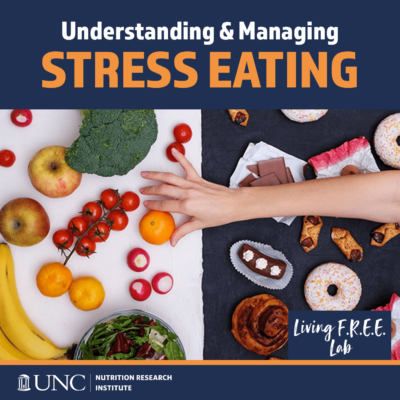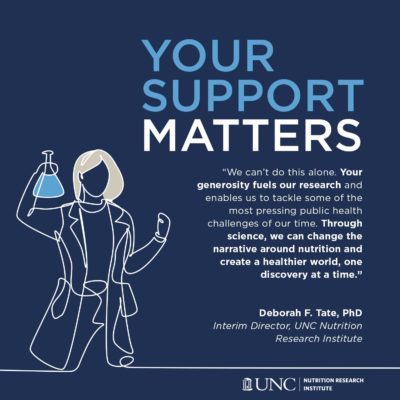Microbiome and Nutrition
The complex community of bacteria, yeasts and viruses living in our intestines, collectively known as the gut microbiome, is shaped, in part, by what we eat. Genetics, environment, and other factors also influence an individual’s microbial community. Research at the NRI investigates these complex relationships and their impact on disease risk. We use animal models and bioinformatics to study the associations between nutritional metabolites, gut microbiome, and health. What happens in the gut doesn’t stay in the gut. Your microbiome can play a role in cardiovascular disease, obesity and diabetes, and even cancer. Our team envisions a future where analysis of your microbiome can determine disease risk, and medical foods can be prescribed to treat and prevent disease by regulating the microbiome.
Publications
Microbiome and Nutrition Publications
2020
Population studies of TMAO and its precursors may help elucidate mechanisms. Meyer K
2019
Association of dietary patterns with the gut microbiota in older, community-dwelling men. Meyer K
2018
Meta-analysis of human genome-microbiome association studies: the MiBioGen consortium initiative. Meyer K
Human microbiota, blood group antigens, and disease. Sumner S
2017
Trimethylamine N-Oxide, the Microbiome, and Heart and Kidney Disease. Zeisel S
2016
Diet and Gut Microbial Function in Metabolic and Cardiovascular Disease Risk. Meyer K
Antibiotic-mediated gut microbiome perturbation accelerates development of type 1 diabetes in mice. Sumner S
Related News
AFL Program Summaries 2019
Appetite For Life – Wednesday, January 16, 2019 with Yuan Li, PhD, Postdoctoral Research Associate-Sumner Lab: “Traditional Medicine: From Grandma’s Observations to Evidence-based Science” The long-standing system of medical treatment in China, especially the use of...
AFL Program Summaries 2017
Appetite For Life – September 27, 2017, with Folami Ideraabdullah, PhD: “Vitamin D and Human Health: 10 Things Your Mother Never Told You”. Vitamin D is an essential vitamin linked to human health and diseases such as cancer, diabetes, and heart disease. It occurs...
2018 Appetite for Life
Appetite For Life – Monday, January 22, 2018, with Carol Cheatham, PhD, Associate Professor of Psychology and Neuroscience: “Why do we eat applesauce with pork?” Many explanations can be found as to why certain foods are always eaten together; some actually make...
Bridging Science and Community: A Letter and Video from Julian Robles
Understanding and Managing Stress Eating
by Irene Wang Originally published by the Living F.R.E.E. Lab During stressful times, many people reach for something crunchy, salty, or sweet - food that’s easily accessible and full of flavor, even when hunger isn’t the reason. While this is a common response, it’s...




